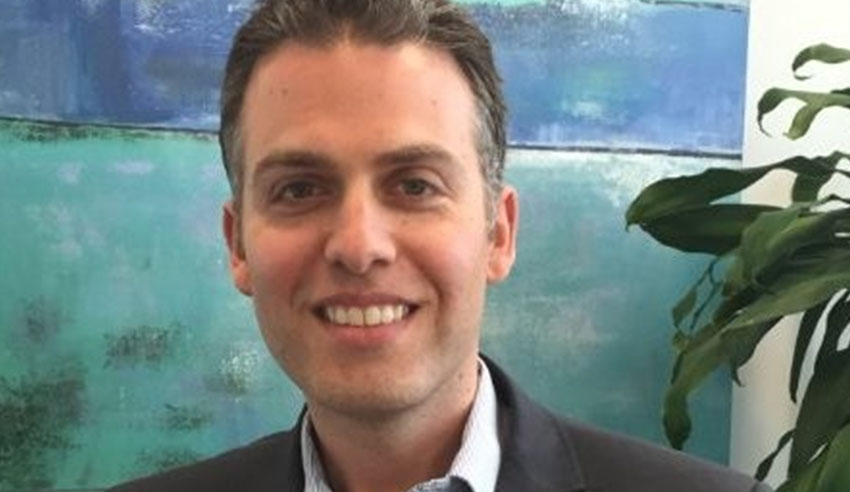In an era when data is the new oil, trust is rapidly emerging as the new currency that can boost, or conversely stagnate, organisational growth, writes Anthony Hersch.

While accelerating trust is commonly associated with new customer engagement and acquisition, it’s equally beneficial to implement trust-focused initiatives internally as it’s been demonstrated that firms with a high-trust culture have a measurable advantage.
The paper also identified specific management behaviours that foster trust and can improve performance.
Here are some principles that can be applied to create high-trust cultures and drive business growth:
1. Recognise excellence
The practice of self-accolade can be more difficult for some than others, however, it’s stated that “Neuroscience shows that recognition has the largest effect on trust when it occurs immediately after a goal has been met, when it comes from peers, and when it’s tangible, unexpected, personal, and public. Public recognition not only uses the power of the crowd to celebrate successes but also inspires others to aim for excellence. And it gives top performers a forum for sharing best practices, so others can learn from them.”
In real terms, actively celebrate your wins – to include your personal and firm’s milestones. Internally, recognise individual and collective achievements, and share your successes on social media to extend the recognition and external stakeholder support.
2. Induce ‘challenge stress’
The need for achievability is reinforced by Harvard Business School professor Teresa Amabile’s findings on the power of progress, whereby 76 per cent of people reported that their best days involved making progress toward goals.
When a team is assigned a difficult but achievable job, the moderate stress of the task releases neurochemicals, including oxytocin and adrenocorticotropin, which intensify focus and strengthens social connections. However, this strategy only works if challenges are attainable. Vague or impossible goals cause people to give up before they even start.
Leaders are encouraged to regularly assess progress and adjust goals that are too easy, or out of reach.
3. Give people discretion in how they do their work
Being trusted and being given autonomy to manage people and execute projects in their own way is a big motivator. Conversely, micro-managing is a trust sabotage.
4. Share information broadly
An organisation that feels well-informed about the company’s goals, strategies, and tactics encourages the release of oxytocin, which increases engagement and promotes teamwork.
5. Intentionally build relationships
The brain’s response to trust and sociality is deeply embedded in our nature. Accordingly, when people intentionally build social ties at work, their performance
improves.
The obvious response is holding team lunches, after-work parties, and team-building activities. While many cringe at the thought of “forced fun”, people perform better when they care about each other because they don’t want to let their teammates down.
6. Facilitate whole-person growth
Investing in the whole person has a powerful effect on engagement and retention. High-trust companies actively help people develop personally as well as professionally: if you’re not growing as a human being, your performance will suffer.
7. Show vulnerability
Asking for help is effective because it taps into the natural human impulse to cooperate with others. Neurologically, oxytocin is produced when a leader asks for help, which in turn increases trust and cooperation.
Anthony Hersch is the chief operating officer of JustKapital.